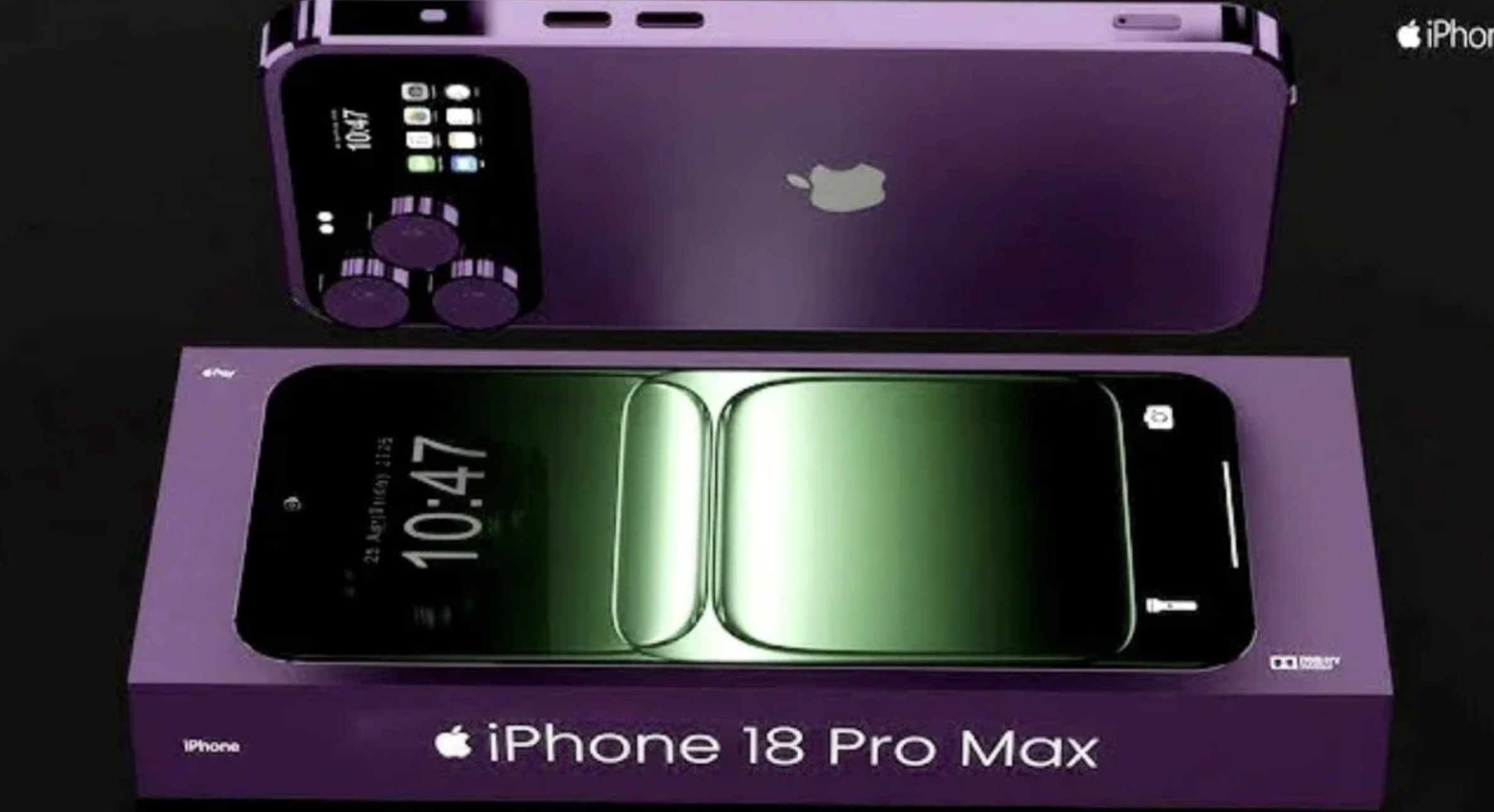Media reports indicate that the Indian government plans to force smartphone makers to allow removal of pre-installed apps and mandate screening of major operating system updates under proposed new security rules.

Implementation of New Rules For Pre Installed Apps
It appears that the plan for new rules, details of which have not been previously reported, could extend launch timelines in the world’s No.2 smartphone market.
The move will lead to losses in business from pre-installed apps for players including Samsung, Xiaomi, Vivo, and Apple.
These rules are considered by India’s IT ministry amid concerns about spying and abuse of user data, according to the sources.
Why Would This Happen?
The official said, “Pre-installed apps can be a weak security point and we want to ensure no foreign nations, including China, are exploiting it. It’s a matter of national security,”.
It is noteworthy here that the Chinese manufacturers account for more than half of all smartphone sales in India.
Interestingly, the minister for state for IT, Rajeev Chandrasekhar, said the news was “plain wrong” and that “there is no “security testing” or “crackdown” as the story suggests”, there was an ongoing consultation between the government and the industry.
Intensified Scrutiny On Chinese Offerings
It seems that the country has ramped up scrutiny of Chinese businesses since a 2020 border clash between the neighbors.
So far, India has banned more than 300 Chinese apps, including TikTok.
Not only that, the country has also intensified scrutiny of investments by Chinese firms.
Besides India, many nations have imposed restrictions on the use of technology from Chinese firms like Huawei and Hikvision.
This due to the fears that Beijing could use them to spy on foreign citizens, the allegation is totally denied by China.
How Does This New Rules Affect The Smartphone Launch?
So far, most of the smartphones come with pre-installed apps that cannot be deleted.
For instance, Chinese smartphone maker Xiaomi’s app store has GetApps, Samsung’s payment app Samsung Pay mini and iPhone maker Apple’s browser Safari.
The smartphone makers will have to provide an uninstall option as part of these new rules.
Further, the new models will be checked for compliance by a lab authorized by the Bureau of Indian Standards agency, said the sources.
In addition to this the center is also considering mandating screening of every major operating system update before it is rolled out to consumers.
“Majority of smartphones used in India are having pre-installed Apps/Bloatware which poses serious privacy/information security issue(s),” according to A Feb. 8 confidential government record of an IT ministry meeting.
Further the meeting record shows that the closed-door meeting was attended by representatives from Xiaomi, Samsung, Apple and Vivo.
The document added that the government has decided to give smartphone makers a year to comply once the rule comes into effect, the date for which has not been fixed yet.
These new rules will definitely appear as a massive hindrance as some pre-installed apps like cameras are critical to user experience, said an industry executive.
Further adding that the government must make a distinction between these and non-essential ones when imposing screening rules.
When it comes to smartphone players, they often sell their devices with proprietary apps, but also sometimes pre-install others with which they have monetisation agreements.
Besides this more testing could prolong approval timelines for smartphones, said a second industry executive.













